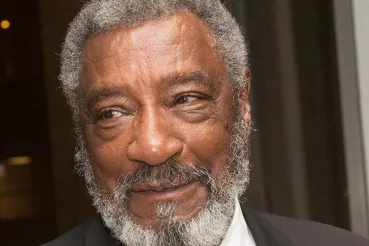Leaders from RUSH were invited to the White House on Monday to commemorate the passage of the Bipartisan Safer Communities Act, the first significant piece of legislation in 30 years to address the U.S. firearm homicide and suicide crisis. The bill takes several steps to strengthen firearm regulations, bolster protections for victims of domestic violence and includes funding for school safety, mental health and crisis intervention programs.
The event, led by President Joe Biden and Vice President Kamala Harris, was held to acknowledge the many advocates, survivors, academics, community health workers and activists, legislators and leaders who pressed for these important changes.
Ted Corbin, MD, chair of the Department of Emergency Medicine, John Rich, MD, director of the RUSH BMO Institute for Health Equity, and Angela Kirori, a fourth-year Rush Medical College student, all attended the event.
“Everyone recognized that this was a step in the right direction, but that we need to go beyond,” Rich says. “And so, as we stood among our colleagues there was a sense of cautious hope, tempered by the trauma of the past months and years that brought a sense of kinship and community to that moment.”
“This was a powerful affirmation that health care providers have a role and responsibility to treat trauma and violence as a means of preventing future violence,” Corbin says.
The event on the White House lawn was a 'surreal experience" according to Kirori, a fourth-year Rush Medical College student, who was able to take a photo with Biden and be among senators, congressmen and health care leaders.
“This legislation certainly gives me hope for the future,” Kirori says. “Given how long it’s been since we’ve had any sort of legislation like this, it feels like we’re finally making some headway. And as a medical student pursuing psychiatry, I appreciate that the bill addresses mental health on such a large scale and includes funding for more mental health services.”
For Rich, the Bipartisan Safer Communities Act is an example of positive movement on an issue that disproportionately affects Black and brown communities through structural racism, poverty and lack of access to care. “We view RUSH as a strong voice for compassionate care and health equity, especially in the face of trauma and violence,” Rich says.




